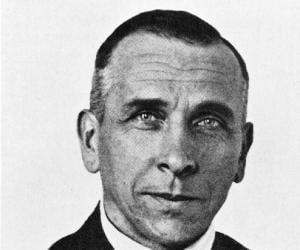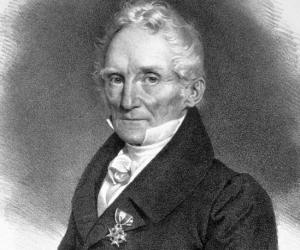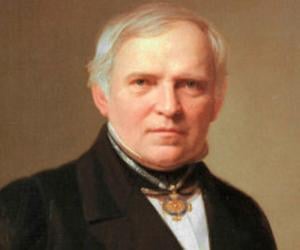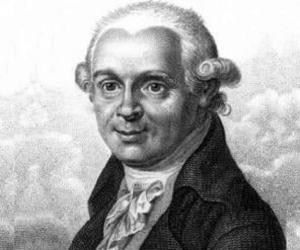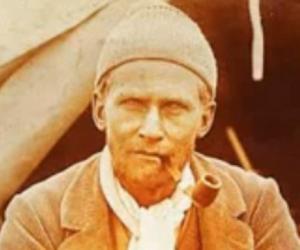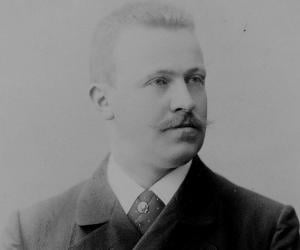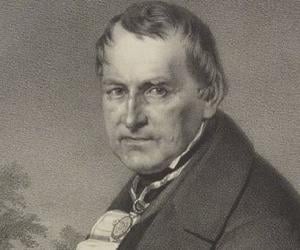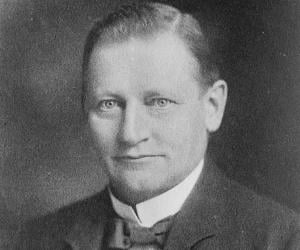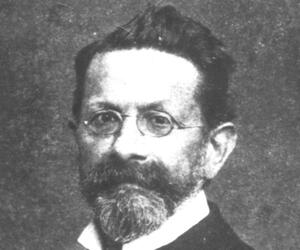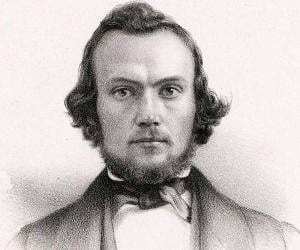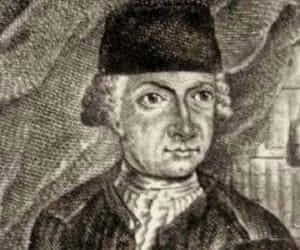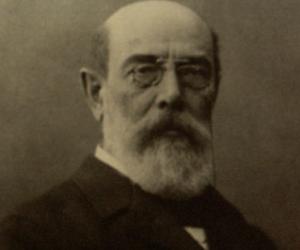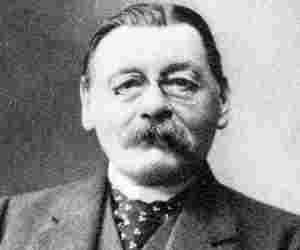1
Alfred Wegener
(German Climatologist and Geophysicist Known for His 'Continental Drift Theory')
Birthdate: November 1, 1880
Sun Sign: Scorpio
Birthplace: Berlin, Germany
Died: November 1, 1930
Alfred Lothar Wegener was a versatile German scientist specializing in climatology, geology, geophysics, meteorology, and polar research. Initially recognized for his contributions to meteorology and polar exploration, he gained lasting fame for proposing the continental drift hypothesis in 1912. Despite initial skepticism, his ideas gained acceptance in the 1950s with the discovery of evidence like palaeomagnetism, laying the groundwork for modern plate tectonics theory. Wegener led expeditions to Greenland, pioneering studies in polar air circulation and conducting groundbreaking meteorological research, including overwintering on the Greenland ice sheet and extracting ice cores from Arctic glaciers.
